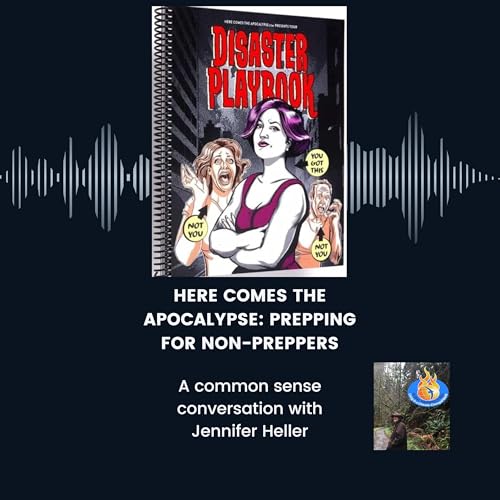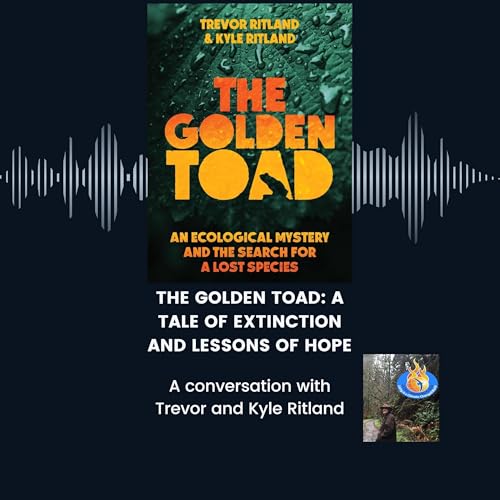Find your place in the world. Dig in, and take responsibility from there.
-Gary Snyder
When the world faces existential threats like climate change, how do we make ethical choices that matter? In this thought-provoking episode, host Tom Schueneman explores philosopher Thomas Rieder's groundbreaking book "Catastrophe Ethics: How to Choose Well in a World of Tough Choices."
Opening with a powerful scene from Netflix's "Landman," this episode confronts the fundamental ethical dilemma of our time: we're deeply embedded in harmful systems we can't easily escape. As Billy Bob Thornton's character bluntly states, fossil fuels run the world—until they don't. Stop them now, and civilization grinds to a halt.
The Core Message:Travis Rieder's book, "Catastrophe Ethics," presents a compelling framework for navigating our moral responsibilities in the face of existential threats, such as climate change. At the heart of the discussion lies the pressing question of how individuals can act ethically in the face of overwhelming challenges that often render personal efforts seemingly insignificant.
While individual actions may seem insignificant in addressing catastrophic threats, Rieder argues that collective action—the organization and alignment of many individual acts—creates meaningful change. Instead of succumbing to cynicism or denial, we need new moral tools for reasoning through unfamiliar ethical challenges.
In this episode, I explore Rieder's insights, which encourage us to shift from a duty-bound sense of obligation to a more authentic, value-centered approach to our actions. By embracing ongoing reflection and adaptation, we can cultivate a more meaningful connection to our choices, even when the stakes feel impossibly high. Ultimately, the episode invites us to find our place in this complex world and take responsibility—no matter how small—because every action counts in the collective fight against climate change and other global crises.
Rieder's investigation of climate change action within 'Catastrophe Ethics' reveals a profound and often frustrating reality: the ethical choices we face are frequently clouded by a sense of impotence against the larger backdrop of global crises. As we navigate through the complexities of individual agency versus collective action, we find ourselves grappling with the paradox that while our personal contributions may seem negligible, they are nonetheless crucial to the broader movement toward change.
Rieder's call for a new ethical framework—one that prioritizes authentic values over rigid duties—invites us to rethink our approach to environmental stewardship. We reflect on how to cultivate a mindset that embraces adaptability and reflection in our daily choices, rather than succumbing to a sense of futility.
By acknowledging the noise and distraction of modern life, Rieder encourages us to sift through the chaos and find actionable paths forward, all while sharing a few witty anecdotes about our attempts to navigate this moral labyrinth without losing our collective sanity.
Key Philosophical Points Discussed:The Puzzle of Individual Action
- Why individual actions feel meaningless against collective threats
- The disconnect between moral imperatives and personal impact
- How 8 billion people acting independently create informs "The Puzzle"
Beyond Traditional Ethics
- Why ancient moral frameworks struggle with modern polycrisis challenges
- The limitations of duty-based ethics in addressing climate change
- Moving from obligation to authentic, value-centered action
The Statistical Insignificance Paradox
- Individual carbon footprints...
 2025/10/0443 分
2025/10/0443 分 51 分
51 分 44 分
44 分 44 分
44 分 47 分
47 分 37 分
37 分 28 分
28 分 12 分
12 分
